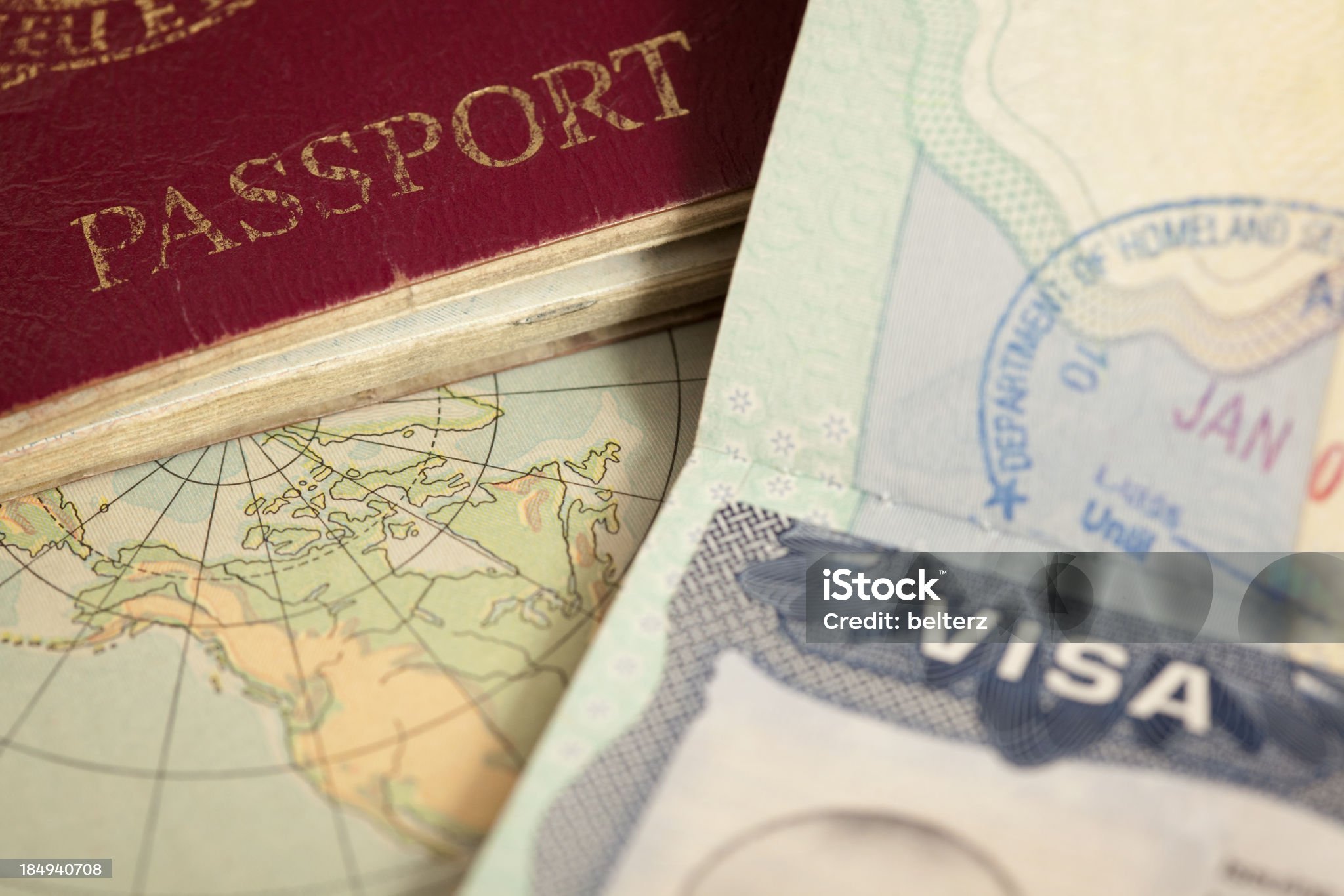
5 Essential Steps For Successful Immigration In Europe
Moving abroad can be very stressful, especially for those migrating to Europe. There are many rules and regulations to research, so having a comprehensive plan is essential to ensuring things go well. So here are five crucial keys to a thriving European immigration experience.
Migrating to Europe for business, education, or just a change of scenery requires careful planning and preparation. Everything has been explained to you, from obtaining the required permits to finding convenience and settling into your new residence. So make your trip to Europe efficient and peaceful by reading along.
1. Research Immigration Options
When making the big move to Europe, the first step is doing homework. Think of it like planning a trip to a place you’ve never been before, except this time; you’re not just packing your bags for a vacation–you’re preparing for a whole new chapter in your life!
So get your favorite tea or coffee mug, sit somewhere comfortably, and get to work researching. In Europe, different countries have different immigration laws and processes. So, you must understand your chosen location’s specific requirements and procedures. Your interest could be in the ancient beauty of Rome or Portugal’s fascinating tradition of fado music, and you may also wonder how to get portuguese passport or any other country.
Spend some time learning about your options that are related to your circumstances. What are your plans? Are you going to work, study, see your family again, or start a new business? Whatever it is, acquaint yourself with the many categories of visas, residency permits, and other paperwork you must complete.
2. Get the Required Immigration Documentation
Gathering the required documentation takes time and attention to detail, but once everything falls into place, you’ll be ready to embark on your exciting journey. Start by dusting off your passport and ensuring it’s valid for your stay abroad.
Next, delve into the world of visas and permits. Depending on your purpose for moving–whether for work, study, or family–you’ll need to navigate the specific requirements set by your destination country’s immigration authorities. This might include filling out application forms, getting letters of support or sponsorship, and gathering proof of financial stability and accommodation.
Don’t forget about health-related documents, either. A few nations might require proof of health care coverage inclusion or vaccination records. It’s a paperwork race, yet with cautious meticulousness, you’ll be completely ready to move toward your European experience.
3. Language Proficiency For Immigration
Among the steps for successful immigration in Europe is language proficiency; you must master the local language. Let’s assume you’re strolling through the streets of Paris, enjoying the aroma of freshly baked croissants and the sight of historic landmarks. Suddenly, you need directions or want to talk with a local.
Knowing French not only opens doors but also hearts. Similarly, speaking the local tongue is like having a magic key to unlock opportunities and connections, whether heading to bustling Berlin or charming Barcelona.
Some claim that learning a new language can be stressful, but fear not! Learning a new language doesn’t have to be daunting. Start by immersing yourself in the language through online courses, language exchange programs, or local classes.
Embrace the beauty of making mistakes and celebrate minor victories along the way. Practice speaking with native speakers, watch movies, or listen to music in the target language, and ask for help when needed. Remember, it’s not just about mastering grammar rules; it’s about embracing the rhythm and nuances of every European immigration financial Planning
4. Cost of living For Immigration
Moving to Europe may be exciting, but don’t get carried away. You need to have your monetary ducks in a row before you embark on this adventure. First, consider the cost of living in your chosen European destination. Costs can vary significantly from country to country or even within different areas of the same country.
Do some studies to determine how much you’ll need to shell out for necessities like groceries, housing, utilities, and transportation.
Next up, accommodation. Renting or shopping for an area to stay in is likely one of your most significant expenses. Be prepared to fork out a hefty rent or mortgage deposit charge. Remember that a few cities, especially capitals or significant metropolitan regions, command higher housing prices than others.
Healthcare is another economic factor. While many European countries have public healthcare structures, you may still need to budget for medical insurance premiums or out-of-pocket expenses for hospital treatment.
It all depends on your immigration status and the specific healthcare provisions of your host country.
5. Cultural Adaptation and Integration
Getting acquainted with individuals from diverse backgrounds, accepting new customs, and fully integrating into the local way of life are all aspects of cultural adaptation. Take some time to explore your community, eat new foods, and engage in cultural activities. Take chances to grow and learn and step outside your comfort zone. Making friends with residents and other foreigners can help you get through the highs and lows of life in your new place and enhance your enjoyment.
To sum up
You must conduct extensive research, prepare the paperwork, understand the language, organize your money, and learn how to adjust to the new culture to relocate to Europe successfully. The journey will go successfully if you work hard and enthusiastically follow these procedures. This prepares you for a joyful and fulfilling stay in your new European residence.
